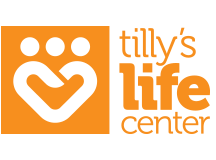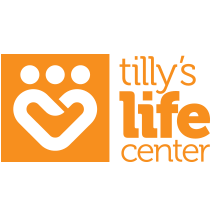
13 Jul How to Achieve Mental Freedom
At this age, your teen is just discovering their identity. They are just starting to get excited about who they want to be and what they are good at. But when the voices of parents, friends, and teachers join in, teens have the added stress of working through the expectations that others have placed on them in addition to their own. Teens are consistently combatting the voice in their head that says they aren’t matching up — to what they want to be and to what is expected of them. To calm the anxiety of not being enough, teens can work towards achieving mental freedom.
What is Mental Freedom?
Mental freedom is the process of detaching labels, dropping the expectations of others, and simply being who you are. It involves quieting the voices of others around us, and listening most strongly to ourselves as we work to formulate our own identities. Growing up surrounded by certain ideals, expectations, and labels, can make it difficult to carve your own path. It can often make teens feel they don’t have control over their own choices or identity, making them feel trapped. The solution to this is detaching from the labels placed on them, and getting their mind to a place where they can feel comfortable and confident in their own thoughts and feelings.
Mental freedom is not easy to achieve, but working towards it will help teens to live a happier, and more fulfilling life.
How Teens Can Achieve Mental Freedom
The way to achieve mental freedom isn’t necessarily to ignore what others say about you, and the labels placed on you. The best way to free your mind is to focus on how these things affect you, and the way you react in return.
Labels like “smart” “creative” and “athletic” often push teens to feel like they have to be more than they can give. They might engage in unhealthy behaviors just to push themselves to fulfill the role they feel is expected of them, to be the smartest in class, to be the best athlete on the field. The first step in working towards mental freedom is placing a focus on how we react to these labels. Exploring the ways in which it affects us will help us to really understand whether or not we feel something about ourselves, or if we are just internalizing what others think of us.
A big part of achieving mental freedom is thinking about the language we use. We can’t always control how others communicate, but we can control how we communicate with others and with ourselves. Thinking about the language we use to speak to others and to speak to ourselves, will make a huge difference in our thoughts. For example, changing phrases like “I have to” “I should be doing this” or “I must get this done,” into things more like “I get to accomplish this,” “I want to finish this project” or “I prefer to do this now,” puts the control back into your own hands. Just by making a few minor changes in the way they speak to others and themselves, teens have the power to reframe their outlook and achieve mental freedom.
One of the best ways to achieve mental freedom is to ask for help! It’s not easy to do on your own, especially as a teen. Seeing a mental health professional or trusted adult can help your teen to equip themselves with the strategies they need to free their mind, and to cope with the external pressures they might be feeling.
Mental freedom isn’t easy, but it is achievable, and it is one of the best tools that teens can have to cope with that little voice that may be telling them they aren’t good enough. Remember to be mindful and understanding with your criticisms and the expectations you set for your teen.
At Tilly’s Life Center, many of our activities are aimed at helping teens achieve mental freedoms. Letting go of labels and creating their own path is one of the best things they can do to set themselves up for success, and we aim to help them get there. Learn more: https://tillyslifecenter.org/program/


